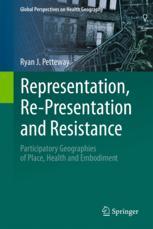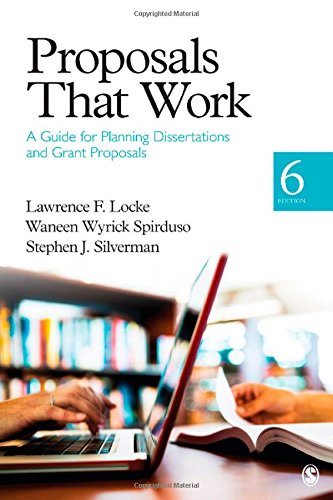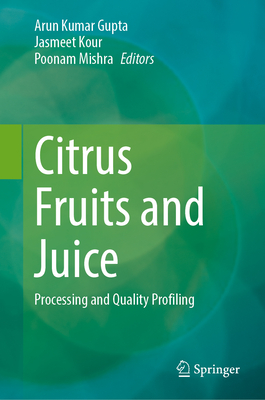
Representation, Re-Presentation, and Resistance(Global Perspectives on Health Geography)
代表、重新呈现与抵抗:地方、健康与体现的参与式地理
地理学
¥
1105
售 价:
¥
884.00
优惠
平台大促 低至8折优惠
发货周期:国外库房发货,通常付款后3-5周到货!
作 者
出版时间
2022年07月25日
装 帧
精装
页 码
172
语 种
英文
版 次
2022
综合评分
暂无评分
- 图书详情
- 目次
- 买家须知
- 书评(0)
- 权威书评(0)
图书简介
This book draws on the author’s ten years of participatory work to examine core themes of representation, misrepresentation, and re-presentation within place-health research and practice. The book includes practice- and research-based projects with implications and applications for practitioners (e.g. local health department epidemiologists) and academics, introducing readers to an array of new and mixed-methods within place-health research. In nine chapters, readers will learn about the inclusive participatory methods and processes rooted in principles of community-based participatory research (CBPR), with emphasis on the integration of CBPR and information and communication technologies (ICT) for studying place-health. By introducing a new place-health research framework, the book offers a critical examination of how place and health geographies, and narratives/stories therein, are constructed and deconstructed through inclusive and equitable research. To illustrate this framework, the book features research projects that simultaneously constitute research (data) and art, presenting readers with a unique narrative perspective through which to view works of spatial production, of which place-health is one. The book is intended for academic researchers and practitioners in public health and health geography fields, particularly those whose work engages social epidemiology, urban planning, and aspects of community development, and will also appeal to researchers and practitioners who use participatory, community-inclusive methods and processes in their work, especially that relates to community mapping.
本书暂无推荐
本书暂无推荐














